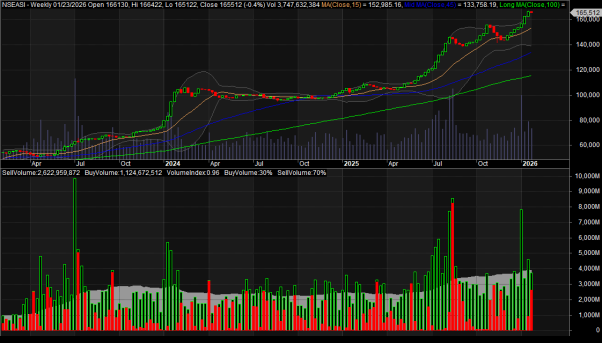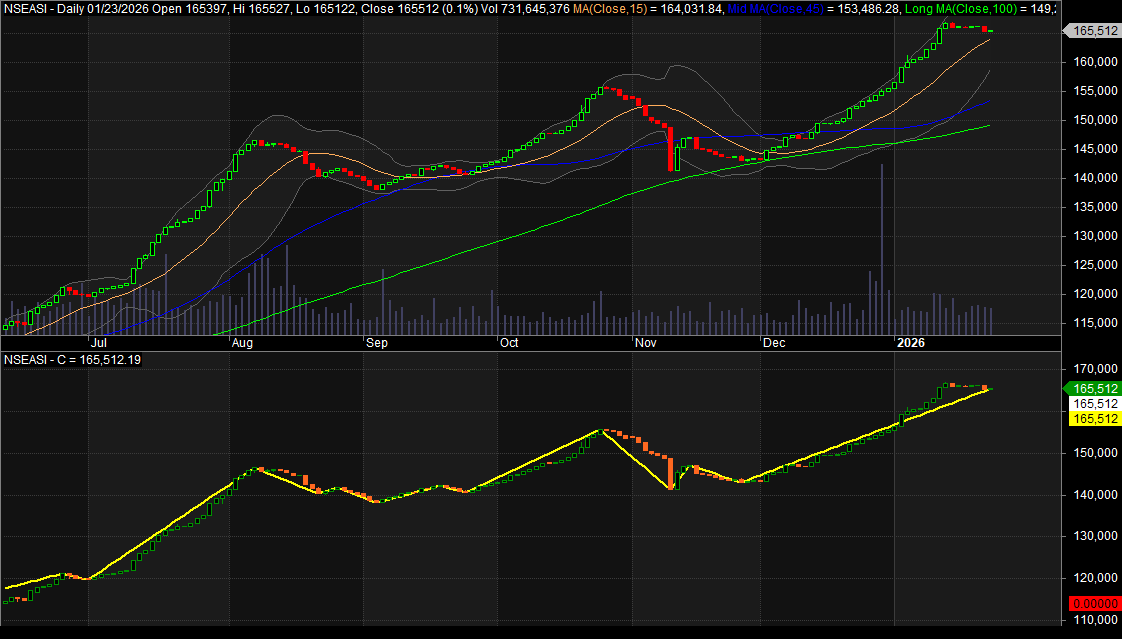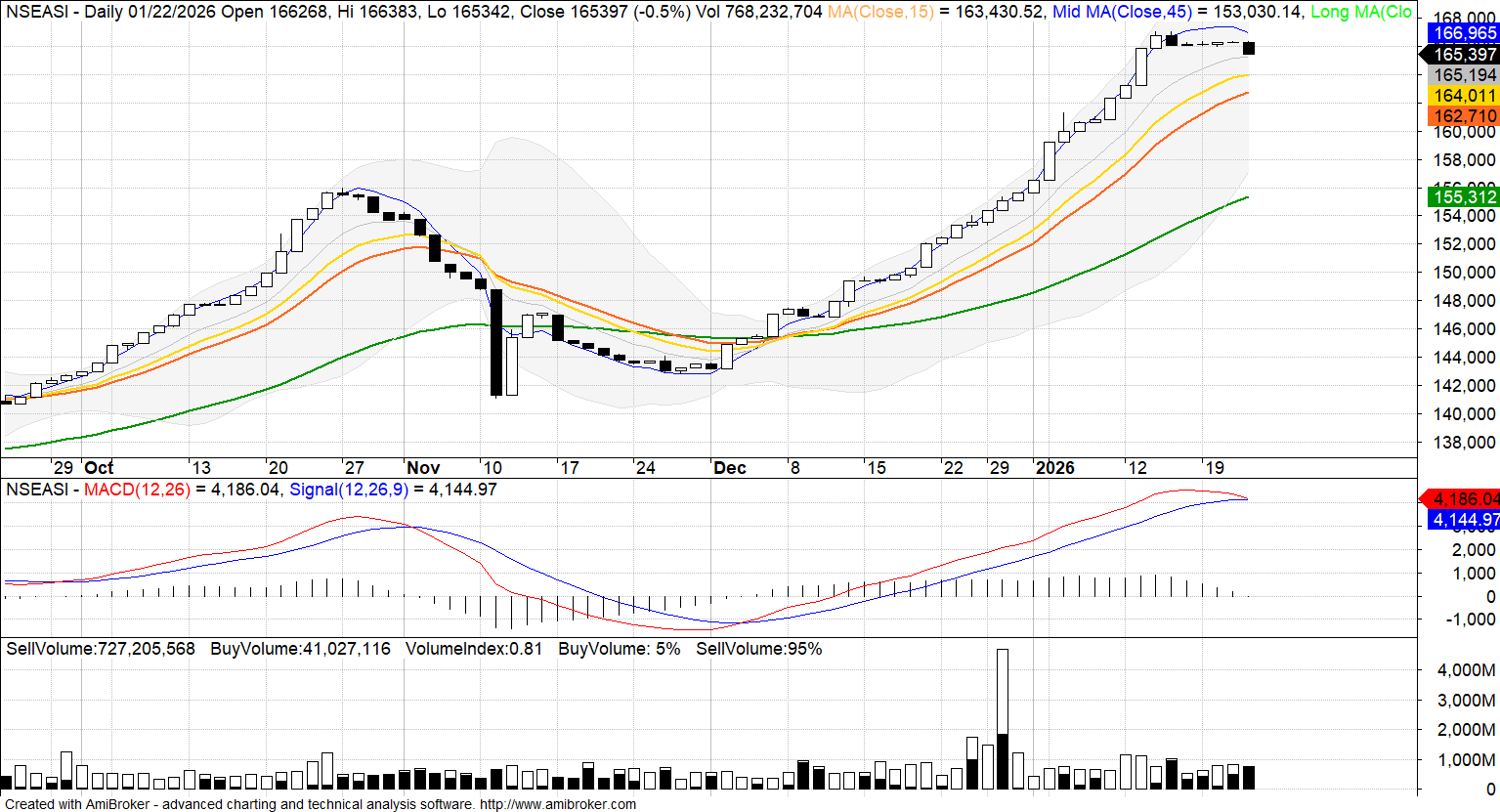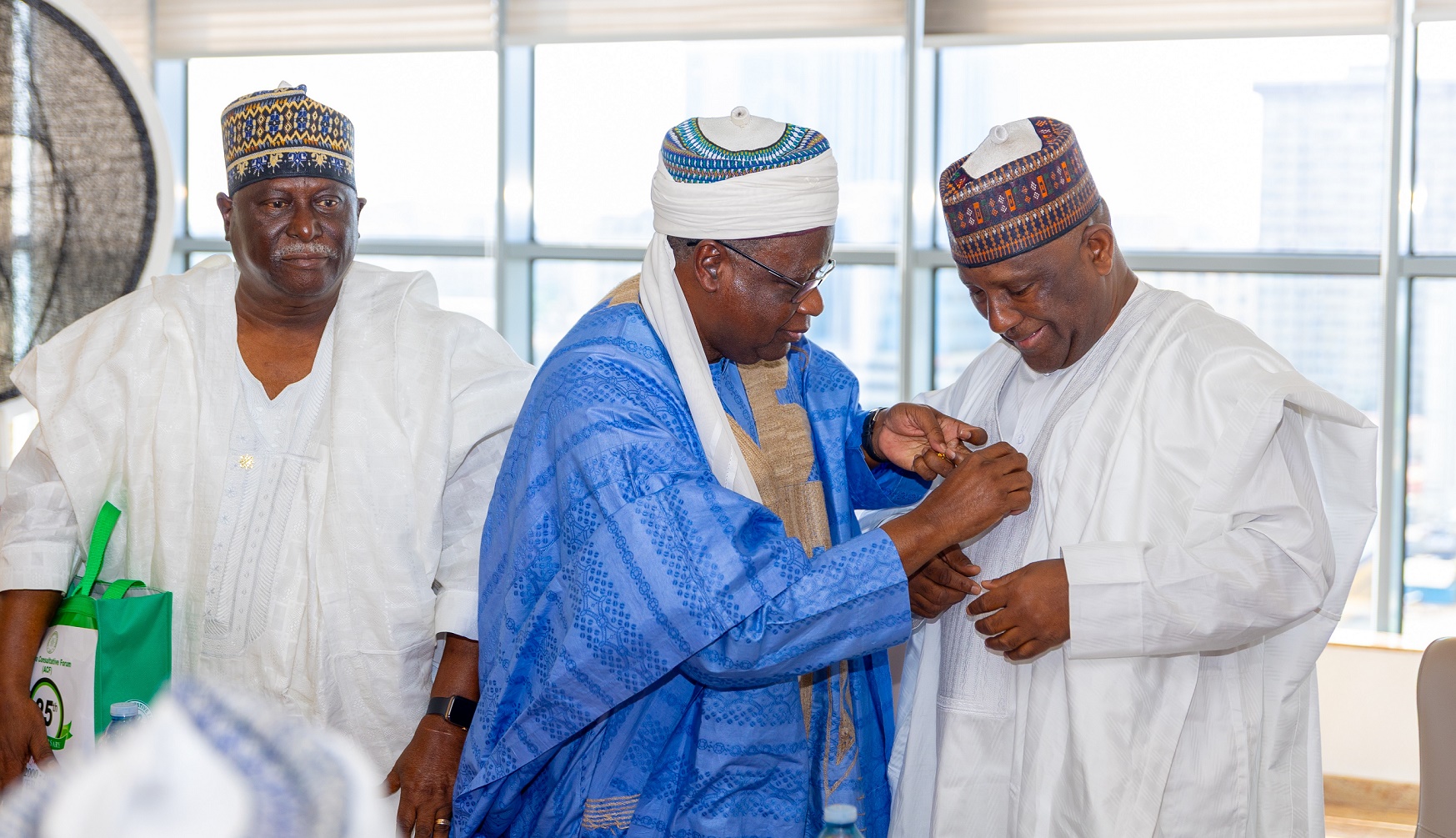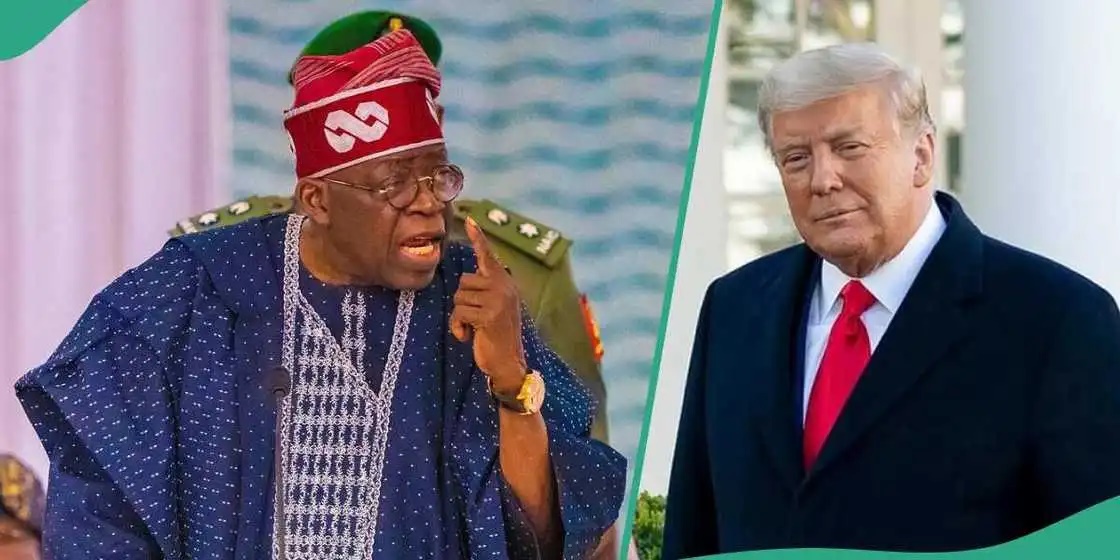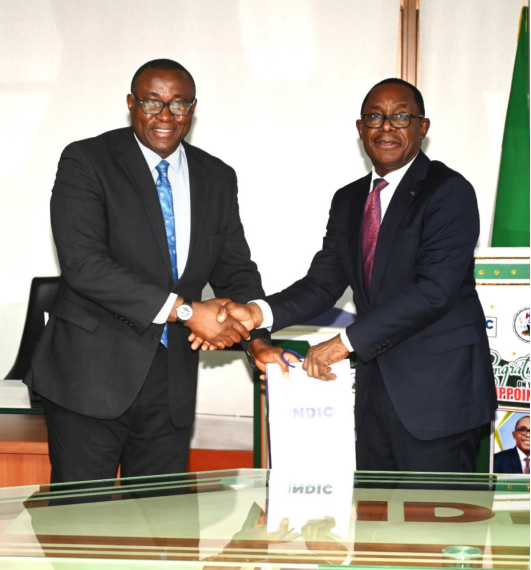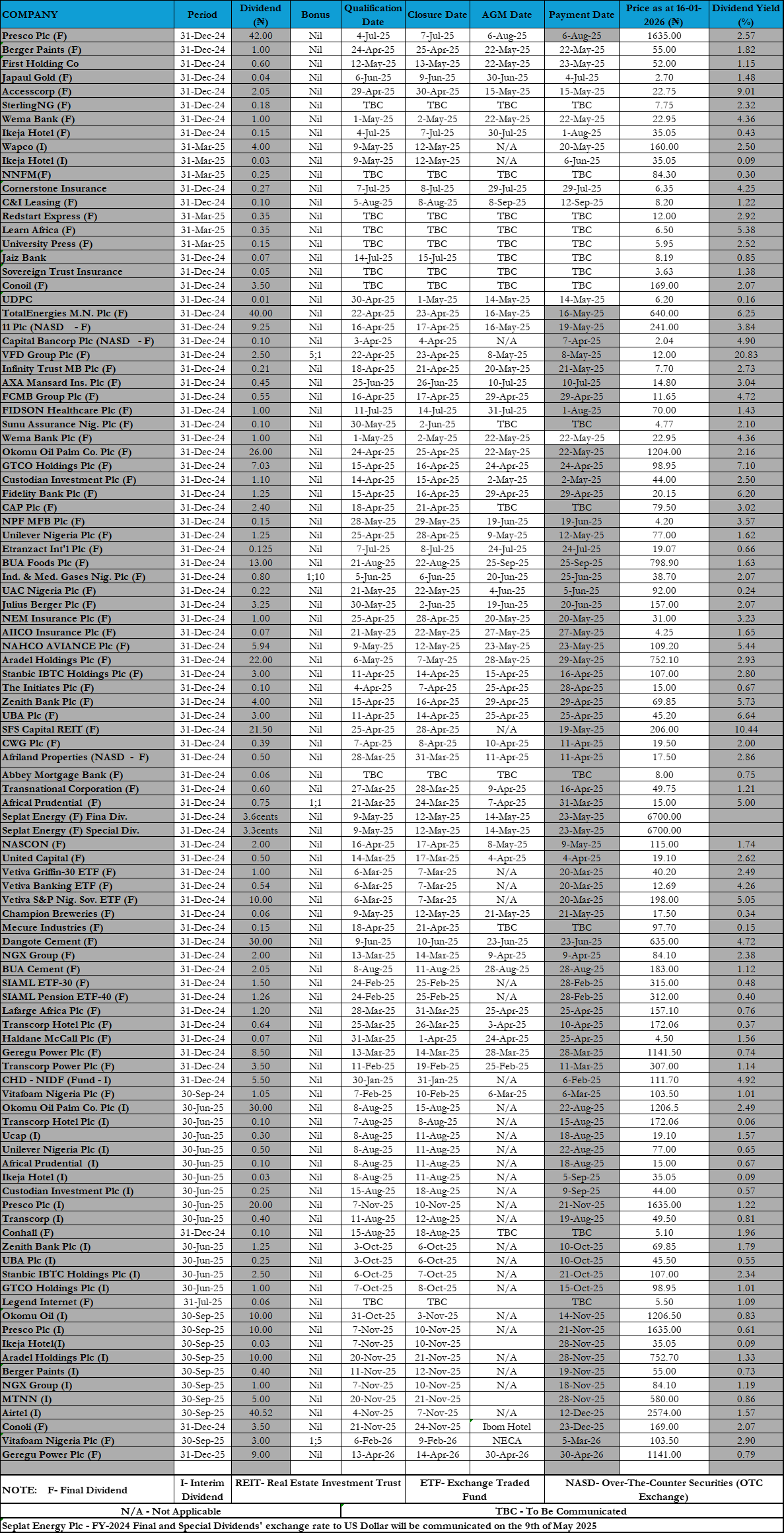
‘Continent Loses $60bn To Tax Evasion by Multinationals
President of the African Development Bank (AfDB), Dr. Akinwunmi Adesina, on Thursday projected that Africa’s GDP could recover and growth by 3.4%, this year, compared to a 2.1% decline last year. The rebound will expectedly be aided by factors such as economies open up across the globe, recovery in commodity prices, tourism bounces back, and global value chains recover their manufacturing capacities.
Speaking at the first National Tax Dialogue organized by Nigeria’s Federal Inland Revenue Services (FIRS), Adesina said the country’s economy is set to grow by 1.5% in 2021, after shrinking by 3% in 2020, and then 2.9% in 2022, citing the AfDB’s soon to be released African Economic Outlook.
The 2020 GDP decline, the worse in two decades, after “economies went into lockdowns, people’s incomes declined, millions lost their jobs, trade volumes fell, and demand for goods and services declined. Cumulative loss to Africa’s GDP is estimated at $173-236 billion for 2020 and 2021, respectively.”
This forecast recovery, he warned, would require a lot more resources, especially a necessity to expand the tax base, given that taxes form a significant part of government revenue.
“Given that over 60% of Nigerians are in the informal sector, priority should be to support measures to move a large part of this from informal to formal sectors,” said.
For him, “making tax codes simpler and reducing administrative burdens and formalities are important to move from informality to formality. Doing so will allow people to be able to better assess their tax obligations.
“Digitalization of tax collection and tax administration is critical to ensure greater transparency of the tax system, widening of the tax base, while mitigating compliance risks and encouraging voluntary tax compliance,” he added, urging government to focus a lot on corporate taxes, and ensure full compliance.
Government, he stressed, must ensure that such taxes do not, however, discourage investments, citing the example of “Estonia, which taxes corporate incomes, but based on distributed profits. This allows corporations to re-invest their profits in expanding their businesses.”
Natural resources tax can play a major role for Nigeria, he continued, “given Nigeria’s high reliance on oil and gas, and minerals, the government should ensure that these sectors pay taxes and royalties that are fair and transparent.”
He called for improved tax administration and compliance, while ensuring accountability and transparency by government to build trust, which powers higher tax compliance and that “when citizens see the benefits of taxes they will have incentives to pay taxes.
Nigerians, he lamented, pay one of the highest implicit tax rates in the world, higher than developed countries, such that “they provide electricity for themselves via generators; they repair roads to their neighborhoods, if they can afford to; there are no social security systems; they provide security for their own safety; and they provide boreholes for drinking water with their own monies. That is incredulous in itself. Boreholes are not the way to provide water in the 21st century. Every household should have pipe borne water!
“Take for example that 86% of small and medium sized enterprises in Nigeria spend $14bn annually on diesel for generators. Nigeria’s companies lose on average 10% of sales because they do not have access to reliable and affordable electricity.”
With all of these, he said “governments, over time, have simply transferred their responsibility to citizens. When governments or institutions fail to provide basic services, the people bear the burden — a heavy implicit tax on the population.
“Taxation is a social contract between governments and citizens. Tax compliance are higher when citizens are provided the needed public goods in exchange for tax payments.
“Given Nigeria’s structure, with three tiers of government with varying powers, efforts should be made to harmonize tax regimes and avoid multiplicity of taxes,” he added, stressing the need to further improve the institutional capacity for tax audits, data management and business intelligence, at all levels, to improve tax revenue collection.
The AfDB, he assured, is ready to provide needed technical and institutional support to the Federal Inland Revenue Service to build up its capacity for tax administration.
Continuing, the AfDB President that Nigeria’s GDP took a hit on account of falling oil prices and effects of the lockdowns on economic activity, even as the pandemic impacted on its budgetary balances, increasing debt burdens.
Worse still, he warned that “Nigeria’s Debt-to-GDP ratio will push debt service payments beyond more than 60% of federally collected revenues. With shrinkage in oil revenues, debt service payments pose the greatest risk to Nigeria.”
The AfDB, he continued, “estimated that Africa faces an additional financing need of $125-154bn by the end of 2020 to respond to the crisis. IMF estimates that Africa will need $345bn in additional fiscal space by 2023.
For now, he stressed, the continent’s debt obligation is rising, bloating Debt-to-GDP from its stable 60%, to 70-75% of GDP, the bulk of which “has been for private bond issuances on the global capital markets — Eurobonds. As countries’ currencies devalued and external reserves plummeted, in the face of declined economic activity, many African countries face risks of debt distress.”
Of 38 African countries for which Debt Sustainability ratings are available, Adesina said 14 are in high risk of debt distress, while six are already in debt distress, estimating “that 28-40m people in Africa are projected to fall into extreme poverty, and 30m jobs would be lost due to the pandemic.
He urged Nigeria to show good example to other African country’s by incentivizing tax policy to close the massive infrastructure gap that the continent faces, lamenting that “profit shifting, base erosion and tax avoidance by multinational corporations form a huge part of “Africa’s missing taxes”; and account for a large share of the over $60 billion illicit capital flows that Africa loses annually.
“If companies invest in Africa they should pay taxes in Africa. Governments should use Business Investment Treaties and Avoidance of Double Taxation to strengthen these incentives. If a company works in Nigeria, benefits from Nigeria, it should pay taxes in Nigeria.”
He described as excellent, “the initiative between the Federal government and selected private sector businesses to provide road infrastructure in return for tax rebates.”
As a result of the initiative, he said “the Dangote Group is constructing 19 key economic federal roads, stretching for 800 kilometers across the six geo-political zones, due to company tax credits from the Executive Order 007 of 2019.”



